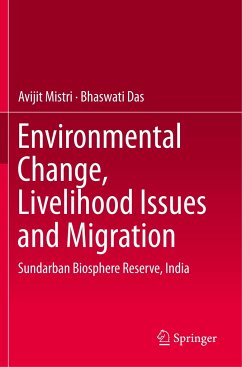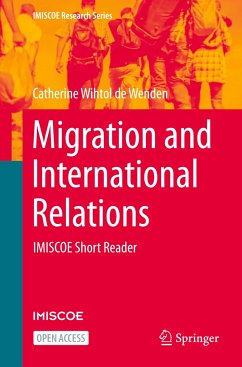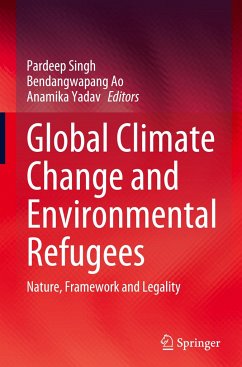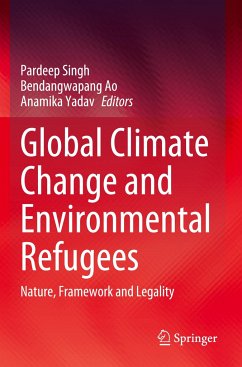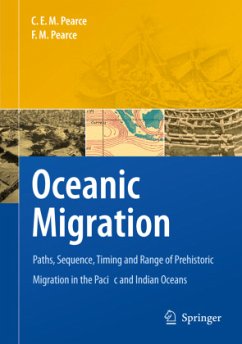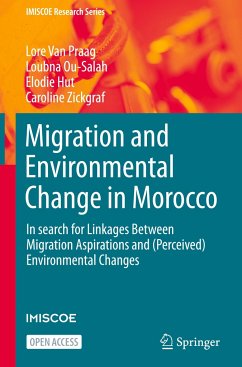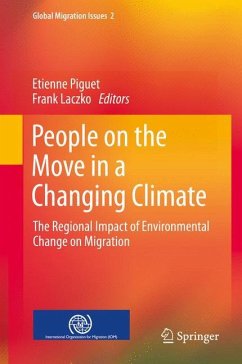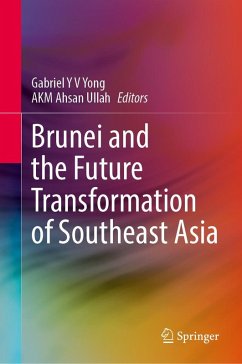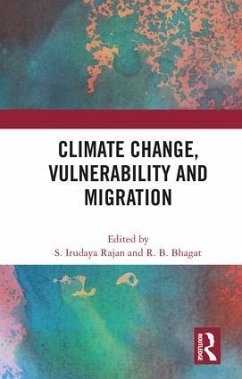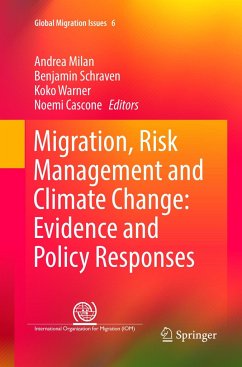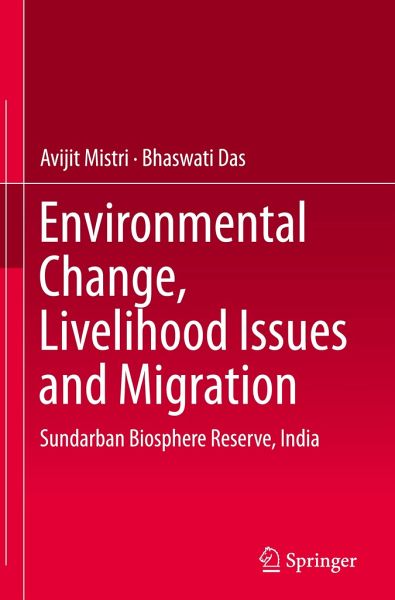
Environmental Change, Livelihood Issues and Migration
Sundarban Biosphere Reserve, India
Versandkostenfrei!
Versandfertig in 6-10 Tagen
38,99 €
inkl. MwSt.
Weitere Ausgaben:

PAYBACK Punkte
19 °P sammeln!
This book deals with the out-migration from the UNESCO designated Sundarban Biosphere Reserve in India. It focuses on the question whether out-migration is a consequence of environmental change or livelihood issues and development deficit. It investigates the processes of migration from a broad spectrum, exploring a wide range of economic, social, and demographic factors along with environmental stressors. The processes of migration studied and empirically illustrated include migration stream, migration pattern, reasons for migration, the nexus between migration and social network, aspiration ...
This book deals with the out-migration from the UNESCO designated Sundarban Biosphere Reserve in India. It focuses on the question whether out-migration is a consequence of environmental change or livelihood issues and development deficit. It investigates the processes of migration from a broad spectrum, exploring a wide range of economic, social, and demographic factors along with environmental stressors. The processes of migration studied and empirically illustrated include migration stream, migration pattern, reasons for migration, the nexus between migration and social network, aspiration and different human, economic and physical capital. The book adopts a modelistic approach called the Sustainable Livelihood Approach (SLA) to investigate whether migration from Sundarban is an environmental migration or not. In addition it uses the risk perception approach of people's cognition or 'affective imagery' to examine the degree of perceived environmental risk in the means of living, especially farming and fishing, of the islanders of Sundarban.
The book will be of interest to researchers and academicians in the areas of migration studies, geography, political science, sociology and economics.
The book will be of interest to researchers and academicians in the areas of migration studies, geography, political science, sociology and economics.



